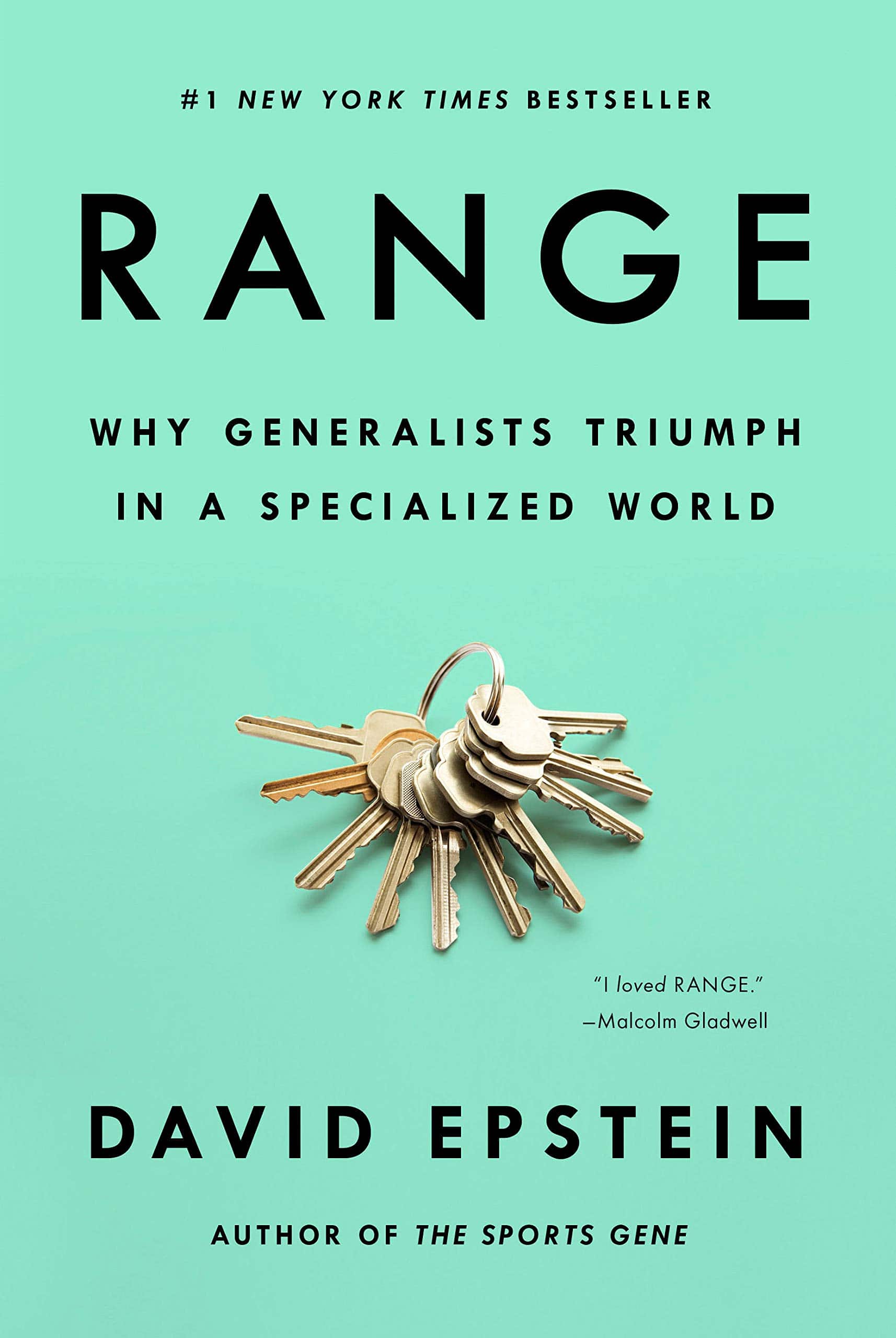In many situations, going deep in a specific field can be very advantageous, if not essential. However, there is a lot of evidence to show that having interests and activities outside of your chosen field can actually make you much better at what you do.
As shared in the book “Range“:
Comparing Nobel prize-winning scientists to other scientists, the figures show that Nobel laureates are a full 22 times more likely to be an amateur actor, magician, dancer or performer.
It’s not that Nobel-winning scientists are 20% more likely to do those activities, or twice as likely — it’s 22 times more likely. That’s just a mind-blowing number, and seemingly counter-intuitive. On one hand, you have scientists that are focused in their field, and on the other hand you have scientists that are also actors, magicians, dancers and performers. Why does that help?
The basic idea is that having a greater variety of interests will help you to see things from a wider vantage point, often opening up new ideas and approaches. Author David Epstein has another quote that can explain it better than I can:
“Modern work demands knowledge transfer: the ability to apply knowledge to new situations and different domains. Our most fundamental thought processes have changed to accommodate increasing complexity and the need to derive new patterns rather than rely only on familiar ones. Our conceptual classification schemes provide a scaffolding for connecting knowledge, making it accessible and flexible.”
Having varied interests is a huge advantage in almost every field. Of course, you still need to be able to dive very deep into your specific area of study; those Nobel-winning scientists were certainly brilliant in the lab. The best ones also spent time outside the lab exploring other interests, and that well-roundedness is an advantage we can all learn to copy.




